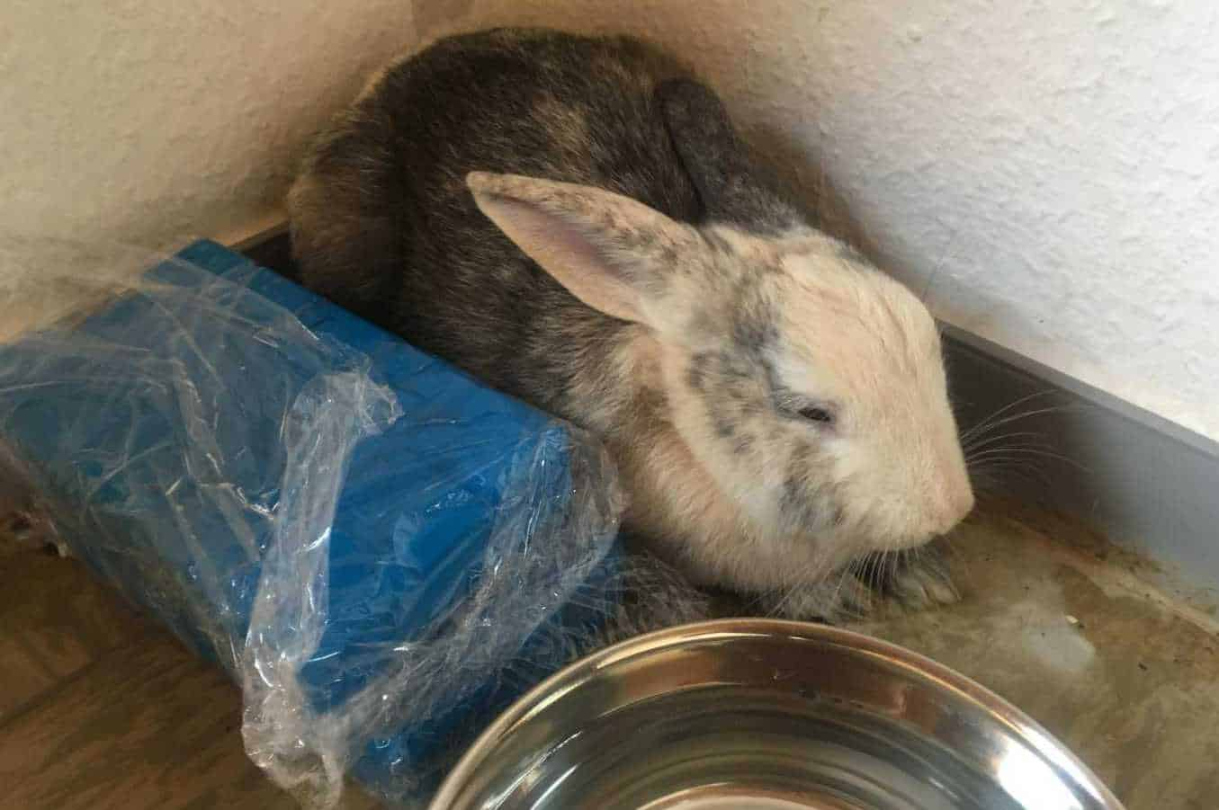How Long Can a Rabbit Survive Without Water?
Rabbits are adorable and popular pets known for their fluffy fur and twitching noses. Like all living creatures, rabbits need water to survive. Water is essential for maintaining bodily functions, regulating body temperature, and proper digestion. But just how long can a rabbit survive without water? Let’s explore this topic in detail.

The Importance of Water for Rabbits
Water plays a crucial role in a rabbit’s overall health and well-being. Here are a few reasons why water is vital for rabbits:
- Hydration: Water helps keep rabbits hydrated, preventing dehydration and associated health issues.
- Regulating Body Temperature: Rabbits rely on panting and evaporative cooling through their ears to regulate their body temperature. Water helps in these cooling mechanisms.
- Proper Digestion: A sufficient water intake is necessary for proper digestion and to prevent gastrointestinal problems in rabbits.
- Urine Production: Rabbits produce a lot of urine, and water is essential for maintaining healthy urine production and preventing urinary tract problems.
How Long Can a Rabbit Survive Without Water?
Rabbits cannot survive for extended periods without water. While they can obtain a small amount of moisture from the fresh vegetables and fruits they consume, it is not enough to sustain them entirely. The exact duration a rabbit can survive without water varies depending on several factors:
- Age: Younger rabbits may have a higher chance of surviving longer without water compared to older rabbits due to their more efficient metabolism.
- Health: Healthy rabbits may have a better chance of surviving without water for a slightly longer period compared to rabbits with pre-existing health conditions.
- Environmental Conditions: Rabbits in cooler environments may be able to survive slightly longer without water compared to those in hotter climates.
However, it is crucial to note that rabbits are not built to survive without water for extended periods. In general, a rabbit can survive for only a few days to a week without access to water before severe complications and potential death may occur.
Signs of Dehydration in Rabbits
Dehydration is a serious condition that can quickly lead to organ failure and death in rabbits. It is important to recognize the signs of dehydration to ensure prompt intervention. The following are common signs of dehydration in rabbits:
- Thick or sticky saliva
- Lethargy and reduced activity
- Dry nose and mouth
- Sunken or dry-looking eyes
- Poor skin elasticity
- Decreased or absence of urine output
- Loss of appetite
If you notice any of these signs in your rabbit, it is essential to provide water immediately and consult a veterinarian for further guidance.
Frequently Asked Questions (FAQs)
Can rabbits get enough water from their food?
While rabbits can obtain a small amount of moisture from fresh vegetables and fruits they consume, it is not sufficient to meet their daily water requirements.
How much water should a rabbit drink in a day?
On average, a rabbit should drink about 50-150 milliliters of water per kilogram of body weight daily.
How can I encourage my rabbit to drink more water?
Providing fresh, clean water in a suitable water dispenser or bowl, adding water-rich vegetables to their diet, and ensuring a stress-free environment can encourage rabbits to drink more water.
Can dehydration be fatal for rabbits?
Yes, dehydration can be fatal for rabbits if not treated promptly. It can lead to organ failure and severe health complications.
In conclusion, water is essential for a rabbit’s survival and overall health. While their ability to survive without water may vary based on age, health, and environmental conditions, rabbits should never be deprived of water for extended periods. It is crucial for rabbit owners to ensure their pets have constant access to clean, fresh water to prevent dehydration and associated health problems.
Related Articles…
Copyright Notice:
The images displayed here are sourced from the internet, with copyrights held by respective owners. For removal of any copyrighted image, please email us.